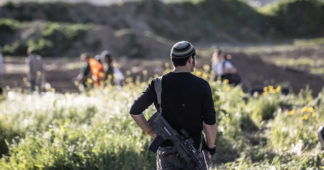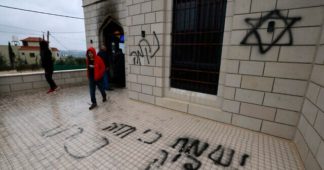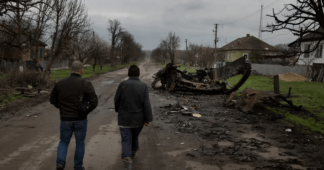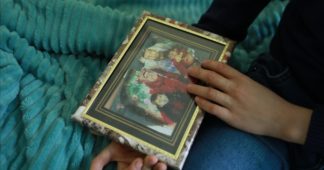Haaretz Editorial
At 2 A.M. Saturday morning, 140 soldiers and settlers, in uniform or in their Shabbat attire, raided the small village of cave dwellers called Jinba, in the South Hebron hills. The raiders split up into groups of seven. According to villagers’ testimonies, each group was equipped with a 5 kilogram sledgehammer and assigned to a house. The soldiers-settlers woke up the occupants of the houses they entered, herded them into one corner and proceeded to destroy the house.
“They broke TVs, fridges, cameras; they broke the toilets and tore out faucets. They removed food from pantries and spilled olive oil, rice and wheat on the ground. They took all the labane and butter and poured it out. After one group finished, they switched places, and another group of soldiers arrived, and destroyed what was left,” Nidal Younis, the head of the village council, told Haaretz.
The villagers, who had finished fasting on the last day of Ramadan, did not have time to have their festive pre-dawn suhoor meal. No food remained in the village, and in any case the soldiers only left at half past six. The IDF confirmed that “a search operation for weapons” had taken place in the village, but it was not specified whether any had been found, why settlers had taken part in the assault, or why it was necessary to destroy the homes of 260 villagers.
The destruction of Jinba by the army, in cooperation with settlers, was the culmination of a week of vicious violence by terrorists from settler outposts, with the backing of the army, against this small village.
Continue reading at archive.is
We remind our readers that publication of articles on our site does not mean that we agree with what is written. Our policy is to publish anything which we consider of interest, so as to assist our readers in forming their opinions. Sometimes we even publish articles with which we totally disagree, since we believe it is important for our readers to be informed on as wide a spectrum of views as possible.











